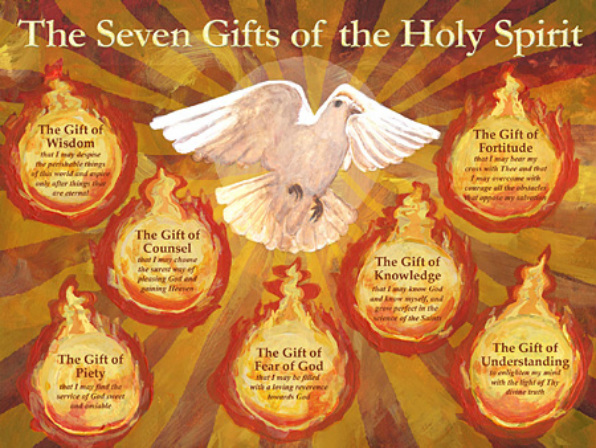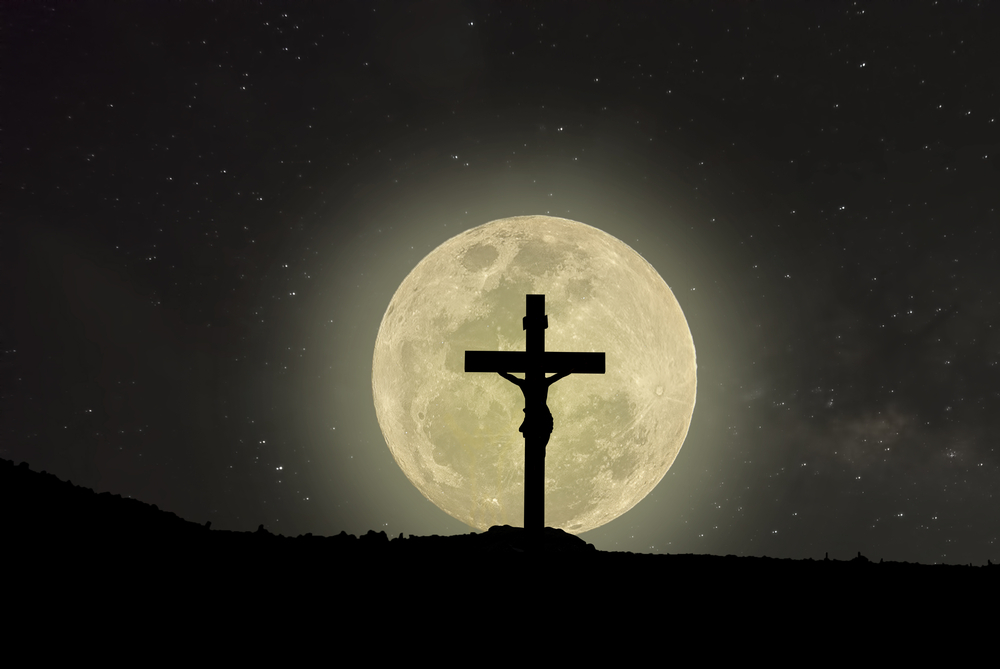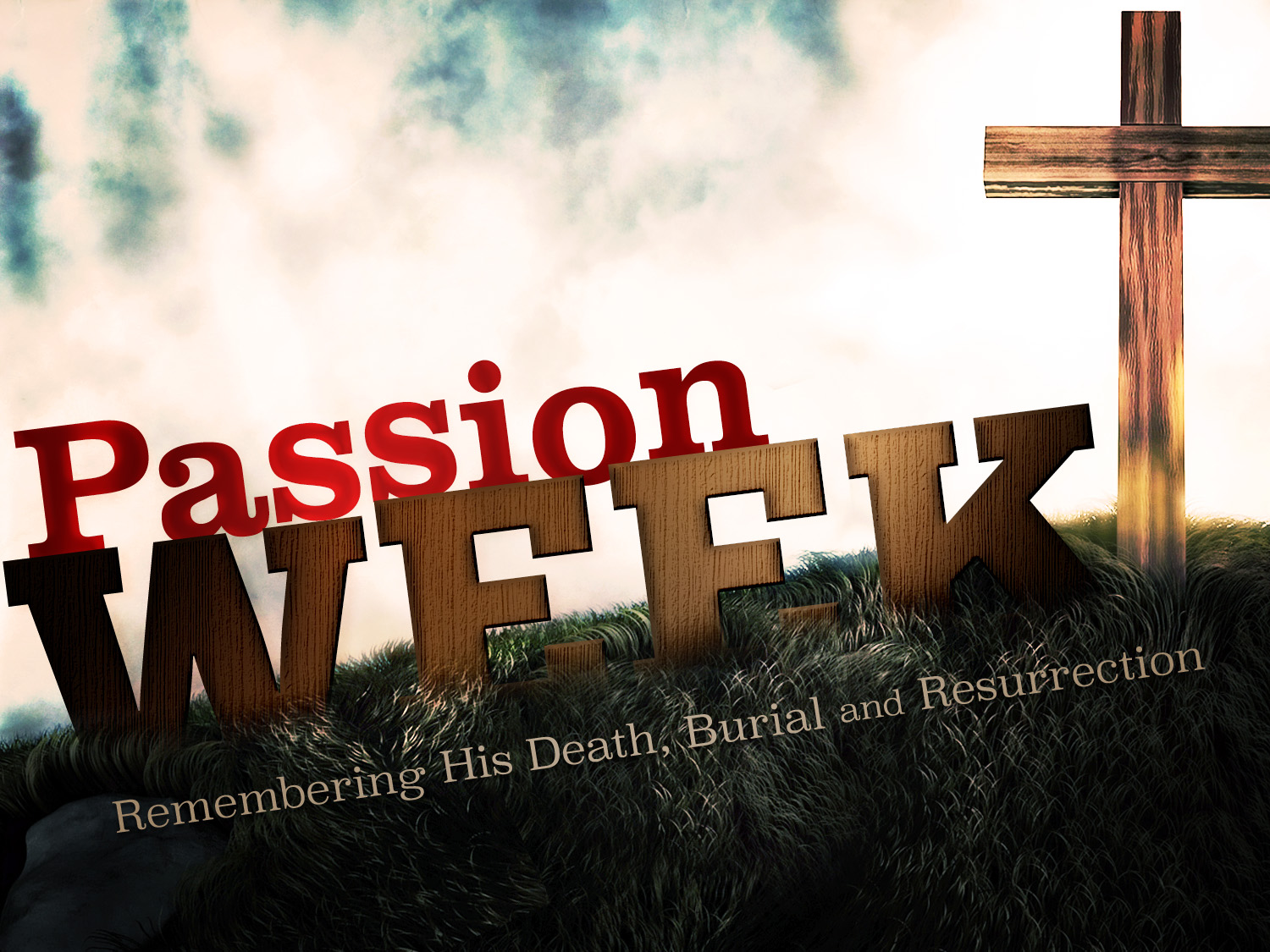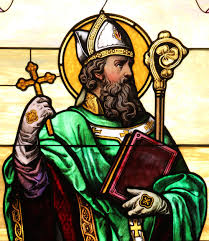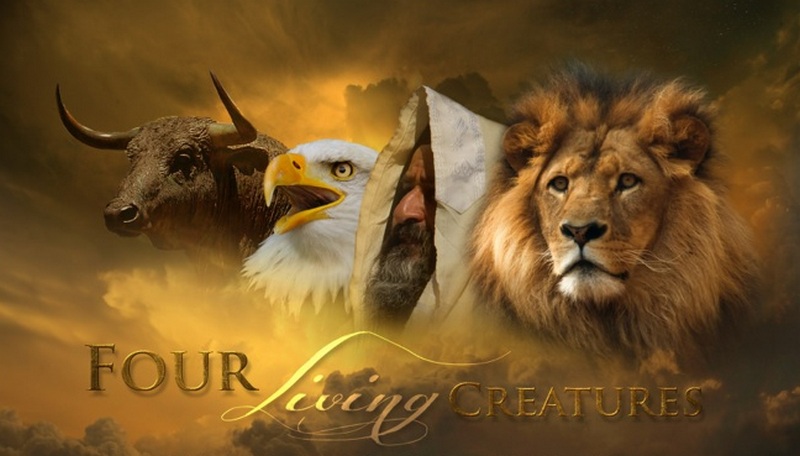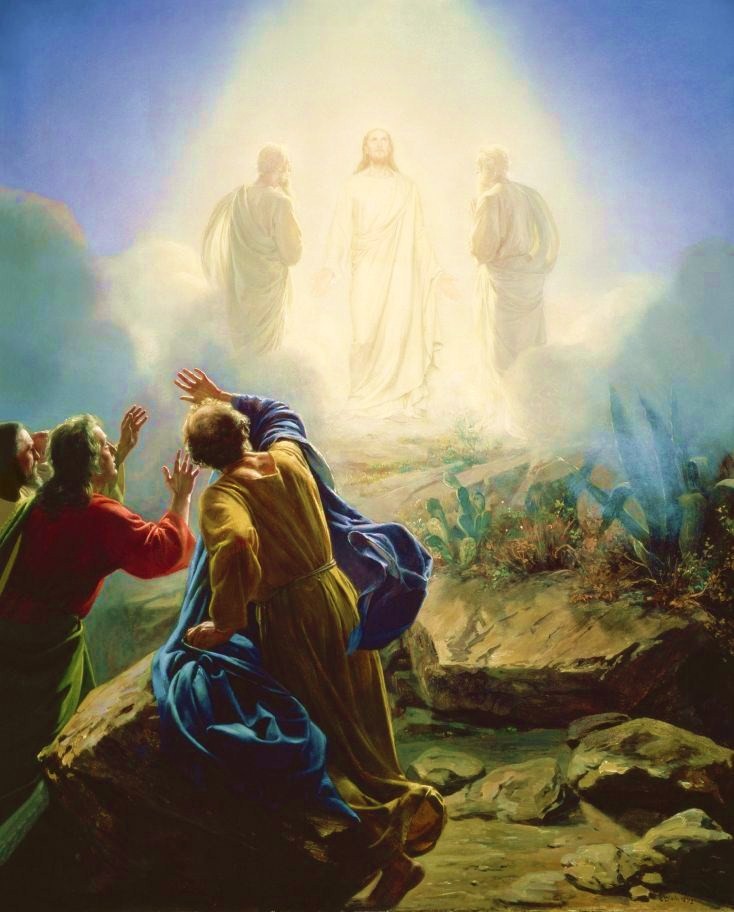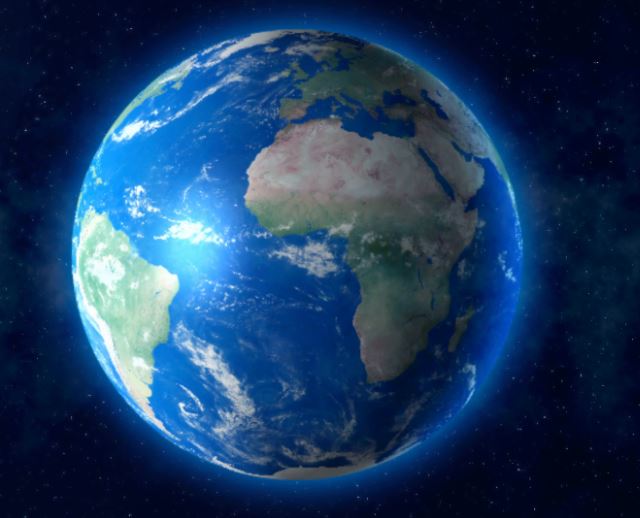Thought for the week – Hope is essential for our future
The message of Easter is one of hope and not just hope in some distant utopia or fulfilment in an after- life. Hope leavens the life of a believer – and can permeate every aspect of our lives.
But hope is not optimism – optimism is about how we would like things to turn out – like winning the lotto. Hope is the conviction that our world has meaning and not at the mercy of chance or the invisible hand of economics.
Optimism can lead to a non-acceptance of what is here and now.
Hope is about now, this present moment, the conviction that something is worth doing no matter how it turns out – that there is meaning now.
Hope helps us to let go, to give up the control we yearn that inhibits our vision of a larger possibility….we are not responsible for creating significance each moment of every day.
Hope is essential for our future – without it none of us would believe in the possibility of a different world, let alone work towards it…
St Paul in his letter to the Ephesians
My death defying ‘no’ to despair and my life affirming ‘yes’ to seemingly insurmountable problems in the midst of my life are both animated by hope in the invincible might of the risen Jesus and in the immeasurable scope of his power in us who believe. (Eph 1:19)
Thought for the Week – Easter Moon
There have been several attempts to settle the date of Easter. In England, The Easter Act 1928 was established fix the date of Easter as the first Sunday after the second Saturday in April. The law was not implemented, although it remains on the UK Statute Law Database. In 1997 the World Council of Churches proposed a reform of the Easter calculation to replace an equation-based method of calculating Easter with direct astronomical observation. The reform was proposed to be implemented in 2001, but was never adopted.
It was at the First Council of Nicaea (A.D. 325) that the date of Easter was established as being the first Sunday following the Paschal Full Moon, the full moon that occurs on or soonest after the 21st March which is taken to be the Spring equinox – equinox meaning equal day and night – a time of balance between light and darkness.
The date of Easter is linked to the Jewish Passover by much of its symbolism, as well as its position in the calendar. The Easter Vigil mirrors what is happening in the natural world. The paschal moon lights up the sky and shines from evening till morning taking over from the sun, giving us a day when there is no night.
Thought for the Week – The Passion of Jesus
Thought for the Week – let the light shine through.
Thought for the Week – Develop our moral imagination
Laudato Si, Pope Francis’ encyclical on the environment, is not about climate change as is sometimes suggested. It has wider concerns. Pope Francis accepts the scientific opinion that most warming is attributable to human activity and that there is an “urgent”need to reduce carbon emissions, by “substituting for fossil fuels and developing sources of renewable energy.
So what is it about?
- It is about creation and our relation to it – about the sacredness of all life.
- It is about bio-diversity and the other species with which we share this planet. He urges us to be pro-life in the widest possible sense and stop driving other species into extinction.
- It is about ecological destruction and the urgent need to deal with it ! In No 21 he doesn’t mince his words – “the earth is beginning to look more like an immense pile of filth”!
- It is about social justice – the fact that the poor who suffer most from damage to the environment. ‘Caring for our Common Home’, is a matter of social justice.
For two thousand years we have focussed on our relationship with God and other humans. We are clear that it is wrong to steal, to kill, to commit adultery, worship false Gods. But it is also morally wrong to drain marshes, kill species, cut down rain forests. Love God, your neighbour but also nature!
Pope Francis has stated in Laudato Si that damage to the environment is sinful – pollution of the land and of water, the loss of biodiversity, destruction of forests, depletion of non-renewables, are all sins. The challenge is to recognise them as sins – to develop our moral imagination sufficiently so that we begin to see these as actions for what they are – sins. We don’t believe it yet – I find it hard to believe.
Thought for the Week – Laudato Si
Laudato Si is the title of an Encyclical Letter from Pope Francis. The title, ‘Praised be to you’, is taken from the words of Saint Francis. It has a subtitle, ‘On Care For Our Common Home’ – to emphasise the fact that we share this ‘home’ with other creatures and not just humans.
It is the first major intervention by the Catholic Church on the environment and marks a new era in Papal documents. It is unusual in that it doesn’t have a latin name – all other encyclicals do. It also quotes other authorities which is a first and is addressed to everyone on the planet – not just church members. We all ‘share a common home.’
Whereas most encyclicals are teaching documents, in Laudato Si, Pope Francis does not issue a set of instructions on what we ‘should’ do but rather calls for dialogue and debate among all people about the future of our common home. Pope Francis is keenly aware that everyone needs to be involved if we are to solve the problems of our ecological crisis and come up with solutions. “We are faced”, he says, “not with two separate crisis, one environmental and the other social but rather with one complex crisis which is both social and environmental”. LS 139
He doesn’t want us just to read it but to do something about the issues. He is challenging us to expand our thinking about creation and our role in the world.
Thought for the Week – Being transfigured
Thought for the Week – God’s beauty
Thought for the Week – Beauty
Beauty is a complex issue – a huge variety of things are described as beautiful – music, sporting moments, paintings, dancing ….Most people identify beauty with art.
There are strong claims made for beauty: “Dostoyevsky claimed that, ‘only beauty will save the world.’ John Keats wrote, “Beauty is truth and truth beauty….That’s all we know and all we need to know.”
John O’Donohue in our own day claimed that, “the contemporary crises of our world can be reduced to a crisis about the nature of beauty”. He goes on to suggest that the strongest condemnation of modern industrial life is its ugliness rather than its often cruel and crude materialism.
In our complex, rushed world it is easy to miss out on beauty (even in church) – a world in which efficiency is often valued ahead of beauty. Pope Benedict at his inauguration, called for a greater sense of beauty in liturgy, “if the church is to continue to transform and to humanise the world, how can she dispense with beauty in her liturgies, that beauty which is so closely linked with love and with the radiance of the Resurrection?”
Pope Francis in Laudato Si, claims there is a beauty enfolded in our world, a divine presence in every presence. The Pope is telling us about a new way of looking, a new way of seeing, a new way of being that can see the divine message in everything, see the seeds of beauty scattered everywhere.
He wants us to recapture our sense of beauty – and view our planet the first sacrament of God’s beauty.
Beauty beckons to us and nourishes our spirit – it can take us past the ordinary to the mystical away from the expedient to the endlessly true…it is beauty that can sustain us in the midst of sorrow. Blaise Pascal suggested that in difficult times, you should always carry something beautiful in your heart. Could we add, even in your purse or pocket. Perhaps it is true, that beauty will save us in the end..
 Murroe Website
Murroe Website